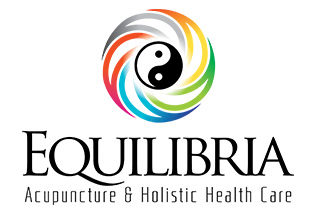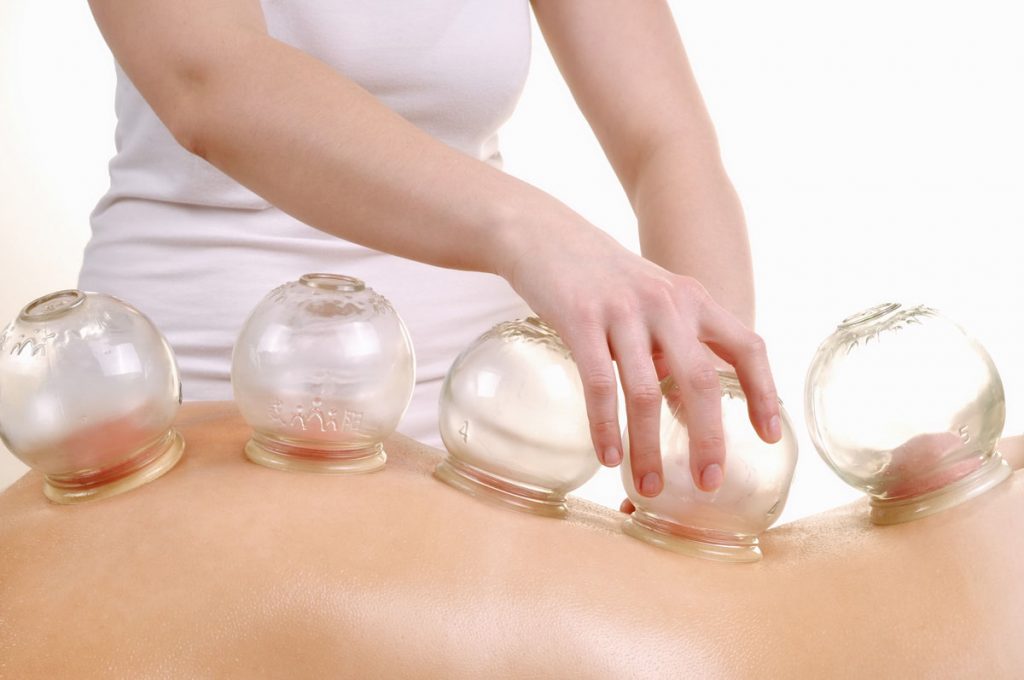-
 Equilibria Acupuncture &
Equilibria Acupuncture &
Holistic Health CareSouth State Bank Building
42725 US Highway 27
Suite 201
Davenport, Fl 33837201-388-7925 Hours – Davenport
Mon9am-6pmTues9am-5pmWed9am-6pmThurs9am-5pmFriday9am-6pmSatClosedSunClosedBy Appointment Only
- Sign up to receive news and updates and get my free report:“The Top 10 Reasons to Try Acupuncture”

-
Latest Articles:
- • Energy-Saving and Safety Tips for Winter Proofing Your Home •
- • Winter Wellness: Mental Health Tips for Beating the Winter Blues •
- • 10 Cozy Winter Activities to Enjoy Indoors •
Acupressure
5 Acupoints for Anxiety You Can Administer Yourself

“At a time when people are so conscious of maintaining their physical health by controlling their diets, exercising, and so forth, it makes sense to try to cultivate the corresponding mental attitudes too.”
– HH the Dalai Lama, 1963
It can be easy to forget how much our mental state can affect our physical well-being. In Traditional Chinese Medicine, that connection is evident in the treatment strategies, but it is also true that when we are feeling bad, we don’t always think to look at our minds. It works both ways. continue reading
Herbs & Acupressure Points for Coronavirus

As we learn to navigate this new world where an ever looming virus is present, it’s important to learn which ways we can help ourselves and loved ones,get through a time of illness.. Below are herbal remedies and acupressure points for self-care to help aid with symptoms of COVID-19 such as coughing, shortness of breath and fevers. continue reading
4 Ways To Support Your Kids: Back-To-School & COVID

2020 has proven to be a year of trials and growth for all of us. With a new school year just around the corner, it’s important to have an open dialogue with our children about what to expect, how to stay safe and how they can express themselves even with certain restrictions. continue reading
Acupressure Points to Help Depression
We’re confident that you’ve heard of acupuncture, but do you know where it comes from?
The study and practice of acupuncture and acupressure have been used in Traditional Chinese Medicine (TCM) for thousands of years and is an ancient healing technique. Acupressure and acupuncture apply the same principles, but acupressure uses pressure points instead of needles to achieve the desired results. continue reading
Acupuncture: Not Just Needles
 Most people have heard of the field of acupuncture by now, but did you realize the scope of the practice encompasses Chinese medicine, which includes so much more than needles? Let’s explore this ancient therapy.
Most people have heard of the field of acupuncture by now, but did you realize the scope of the practice encompasses Chinese medicine, which includes so much more than needles? Let’s explore this ancient therapy.
First of all, the practice of Chinese medicine starts with a diagnosis. The practitioner asks many questions to build a history; this includes the answers to digestion, appetite, diet, sleep patterns, bowel movement urination, pain, lifestyle, and stress level, for example. The acupuncturist will also be noting the voice pitch, hair luster, skin color and tone, as well as posture and mood of the patient and any significant odor. After that, there is a pulse and tongue analysis to determine where the pattern and root are, primarily. Finally, blood pressure is measured and other applicable tests done, including palpation of the body. After this history, a diagnosis and treatment plan is determined. What might be included in this plan? continue reading


